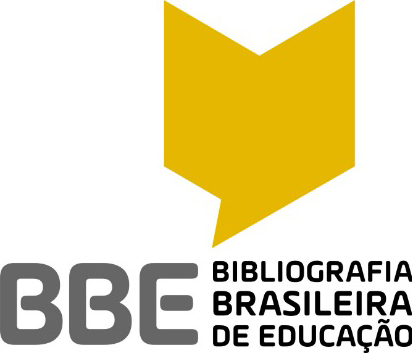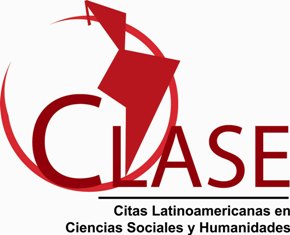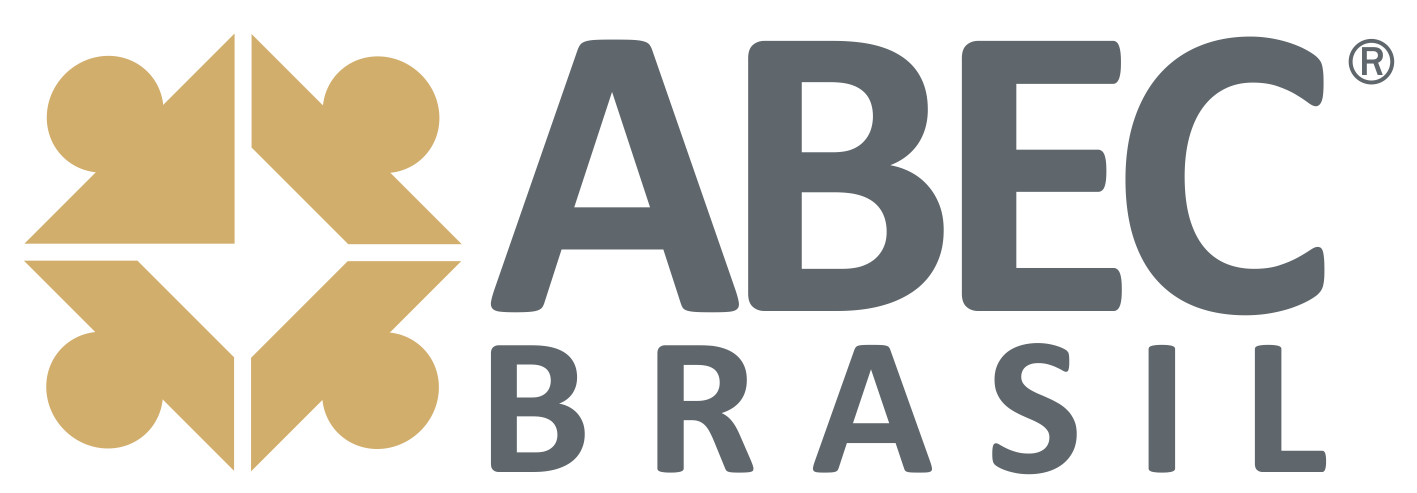THE CIRCLE OF CULTURE AS A DIALOGICAL EXPERIENCE OF RESEARCH IN YOUTH AND ADULT EDUCATION
DOI:
https://doi.org/10.22169/revint.v17i40.2278Abstract
Sharing a research experience can mean a dialogical, reflective, and cooperative proposition. The present text intends this instigation, aiming at the joint work in the paths of the investigation, in any educational space, with educators who are interested in a methodological path based on a construction supported by Freire's thought and action. It consists of a report and a reflection from an applied research with a qualitative approach, referenced in the epistemological bases of action research, in a methodological proposal experienced in Circles of Culture. This is a study aimed at the collective construction of planetary citizenship, carried out at MPEJA – Master’s degree program in Youth and Adults Education, at UNEB- Universidade do Estado da Bahia, at Padre Confa County School, in Salvador-Bahia. This text begins with the problematization that gave rise to the research presented, followed by the description and analysis of the methodological paths followed, the subjects, and the locus of the research. It substantiates the centrality of Circles of Culture in the investigation trajectory, dialoguing and reflecting on the collected data. It concludes that there is an urgent need for further research in Youth and Adult Education, and for the reaffirmation of Circles of Culture, as a methodological practice for the development of awareness, in the Freirean perspective, and the sharing of a proposition of democratic, critical, and reflexive mediation, structured in dialogue.
Keywords: Youth and Adult Education; Paulo Freire’s method; research methodology; applied research.
Downloads
Downloads
Published
How to Cite
Issue
Section
License
Os direitos autorais dos artigos publicados na Revista são de acordo com a licença CC-BY-ND - Creative Commons ( https://creativecommons.org/licenses/by-nd/4.0/legalcode)
Esta licença permite que outras pessoas reutilizem o trabalho para qualquer finalidade, inclusive comercialmente; no entanto, não pode ser compartilhado com outras pessoas de forma adaptada e o crédito deve ser fornecido ao autor.
Os direitos autorais dos artigos publicados na Revista são do autor, com os direitos de primeira publicação para a Revista





























